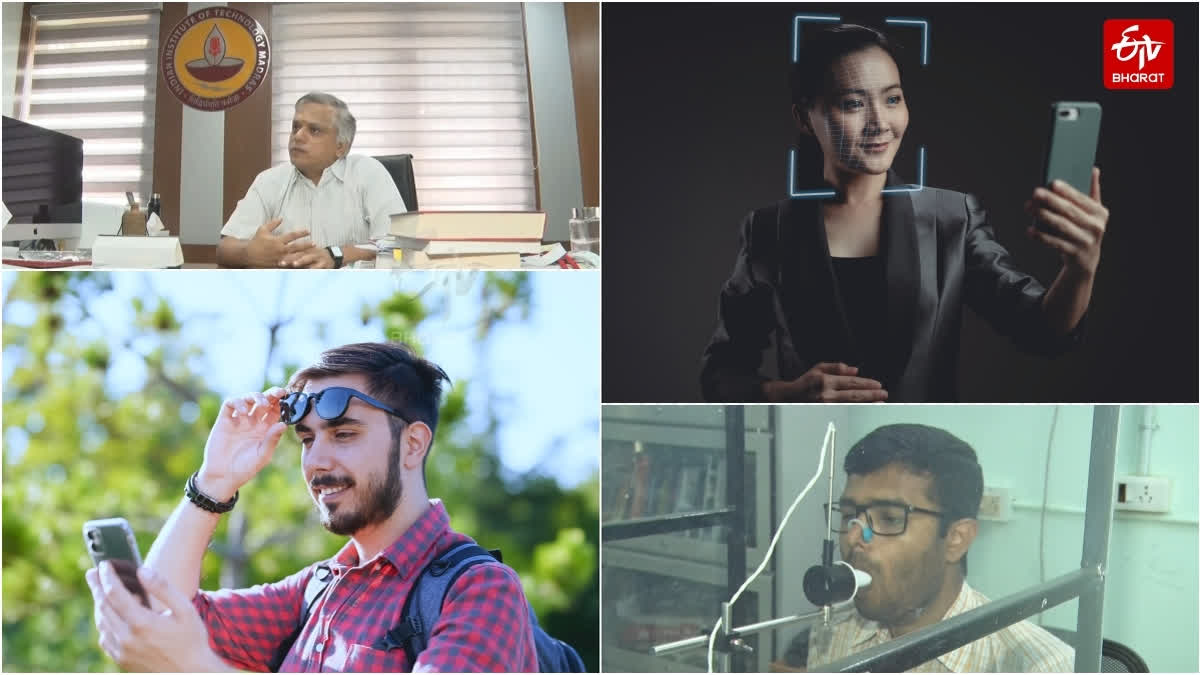Chennai: Physical differences, facial features, and fingerprints are what usually distinguish one person from another with the last one being majorly used by humans these days to unlock their smartphones.
Not just phones, from ration depots to banks to marking attendance, fingerprint identification technology is widely used for verification and security purposes. Something disruptive in this field is being attempted at IIT Madras where researchers are studying how a human breath can be used to identify a person. The science behind the technology when explored using AI can have many applications including in smartphones.
A research team led by Prof. Mahesh Panchagnula of the Department of Applied Mechanics and Biomedical Engineering at IIT Madras is working on using human breath to create a unique signature. When the technology is developed into practical applications, it could be used in the medical field and for biometric applications such as unlocking cell phones and opening doors based on data from human breath.
The team is testing a hypothesis that the structure of turbulence in exhaled human breath can be exploited to build biometric algorithms. The research relies on the idea that the extrathoracic airway is unique for every individual, making the exhaled breath a biomarker.
The researchers used a dataset of exhaled breath time series samples from 94 humans to evaluate the performance of the algorithms. The user confirmation algorithms performed exceedingly well for the given dataset with over 97% true confirmation rate.
Explaining their research, Prof Panchagnula said, "When a person breathes, air leaves the lungs through the extrathoracic geometry. Every human is likely to have slight differences in this extrathoracic geometry. There will be velocity fluctuations in the resulting wind."
"Through this study, we have shown that it is possible to distinguish one human from another by differences in the patterns of these speed fluctuations. In this, two different tests have been done to identify the human. One is the user confirmation test, for example in this test if a person says 'I am Mahesh', the software will confirm his identity. We have shown 97% success in this test. The other way is to find out who they are without naming them. We have shown 50% success in that too," Prof. Panchagnula said.
"We have some ideas to improve it further as well. As far as the technology is concerned, it is necessary for a human being to be alive to use it, so it can also be used as proof of survival," he asserted.
Prof. Panchagnula reiterated that the technology can be used in the medical field as well. "Inhalation therapy is given to people with respiratory problems. Through this, drugs are delivered directly to the respiratory tract. In this case, this technology can help in determining the dosage of medicine according to the individual who is being treated for respiratory problems," he said. "Don't be surprised if the technology crawls into your hands tomorrow where you don't need to talk anymore, just breathe," the IIT Madras professor said.
-
Powered by html embed youtube video and skip bo regler" class="align-text-top noRightClick twitterSection" data="">



